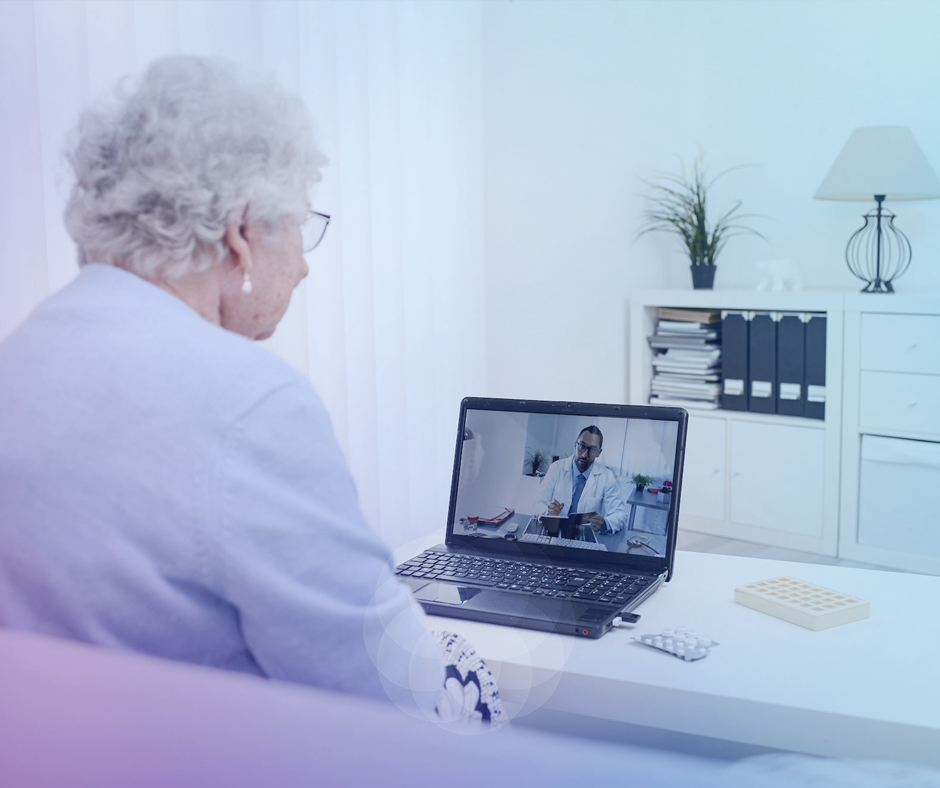
Living Well with Mobility Limitations
Mobility Limitations can be a risk factor for several conditions and lead to increased isolation and loneliness. A carer helps to make your home more accessible.
For the year ending June 30, 2019, what percentage of Australia’s population do you think were born overseas? 5%? 10%? Maybe even 15%?
The answer … 29.7%!
It is essential, therefore, that organisations & individuals providing care & services to people from culturally and linguistically diverse backgrounds (CALD) recognise & respond to their specific challenges & needs.

Some of the issues that need to be addressed include:
The carers at InPlace Care can make sure they act not only on the wishes of the Client and provide support and care the way you want or need it, but also they can recognise and respond to the specific challenges people from culturally and linguistically diverse backgrounds (CALD) bring. It’s your choice to decide when you Sign Up, see and speak to all our fabulous carers.
SHARE
TAGS
keep updated and safe with InPlace Care news

Mobility Limitations can be a risk factor for several conditions and lead to increased isolation and loneliness. A carer helps to make your home more accessible.

Many of us have had our first experiences of telehealth in the past year, as appointments that do not require a physical examination are often being conducted online during covid lockdowns.

Osteoporosis (porous bones in Latin) is a condition causing a loss of bone density which makes the bones brittle and susceptible to breaking. Osteoporosis is more common in older age.

Wandering or becoming lost is a common occurrence for people living with dementia and it can be a major cause of worry for their family and friends.
Use modern technology to service your loved ones safely to maintain their independence in their own homes at a Cost-Effective Price.
Newsletter
Join our mailing list for the latest news about our events, promos and exciting offers!
No spam, ever. Your email address will only ever be used for InPlace Care.

We know that the COVID-19 virus presents significant challenges and concerns for our clients and their families. InPlace Care have instigated many new operational actions to protect clients in the community.
OUR RESPONSE
WHAT WE HAVE DONE
WHAT WE ARE DOING
The Inplace Care worker visiting your home is taking the necessary measures to ensure you say safe.
This includes following advice from Australia’s Chief Medical Officer about when to use equipment such as masks, gloves, aprons or gowns, and protective eyewear.
Most importantly, look after yourself and keep safe.
The program will run for 4 weeks in February 2021.
The promotional FOC Care is only redeemable for new Clients that register and receive Care in February 2021.